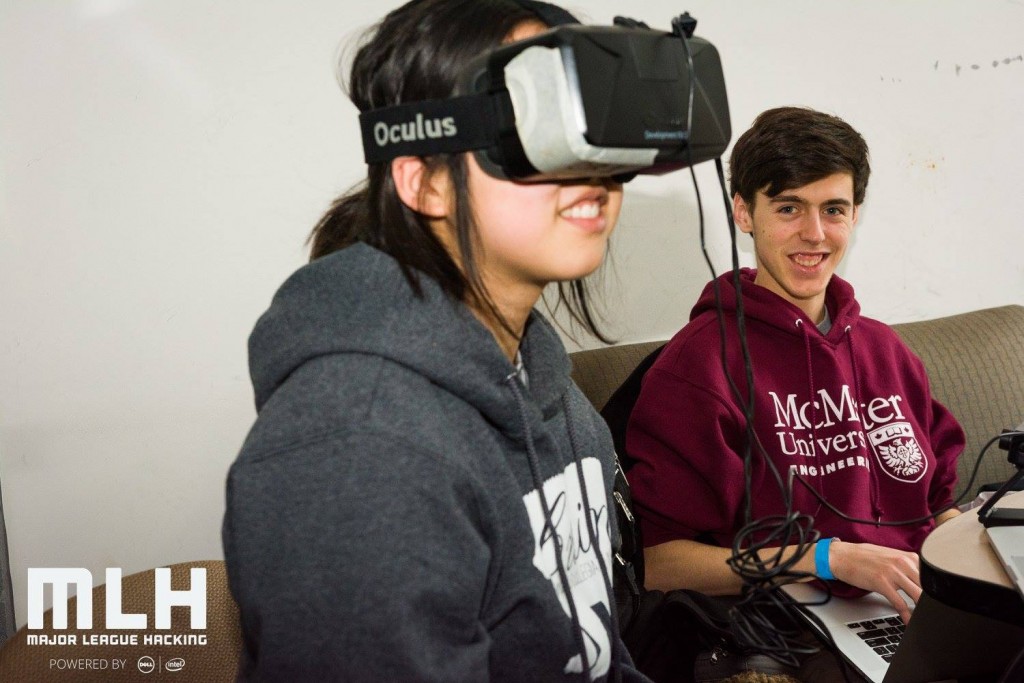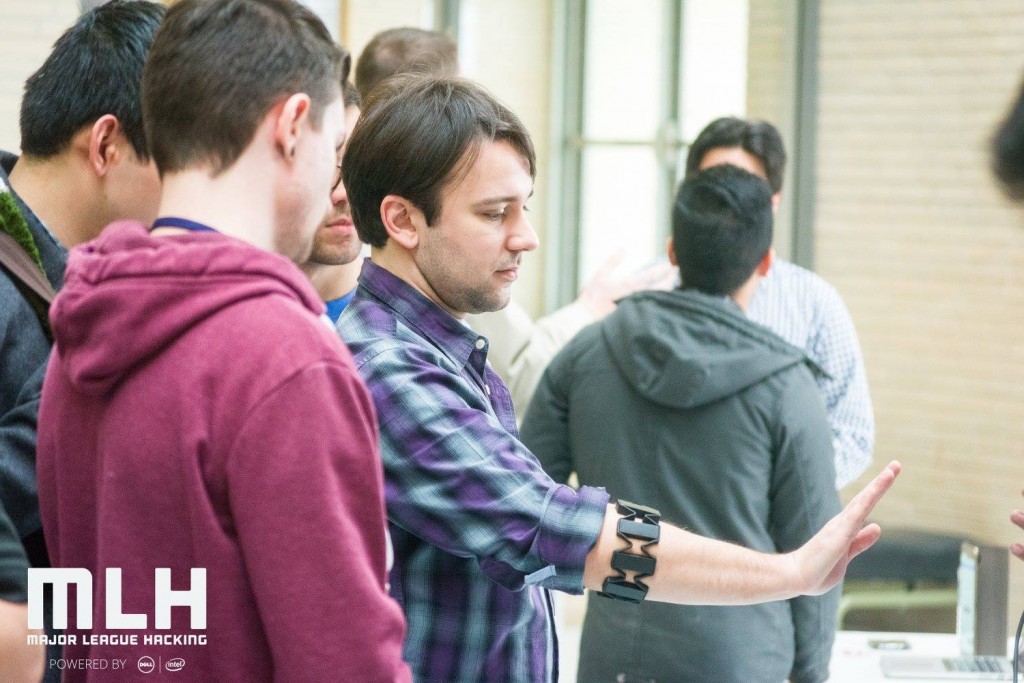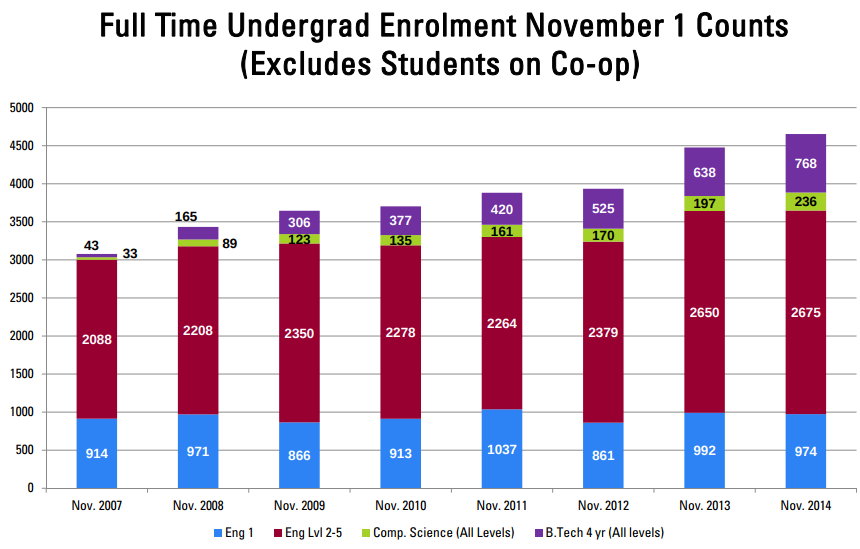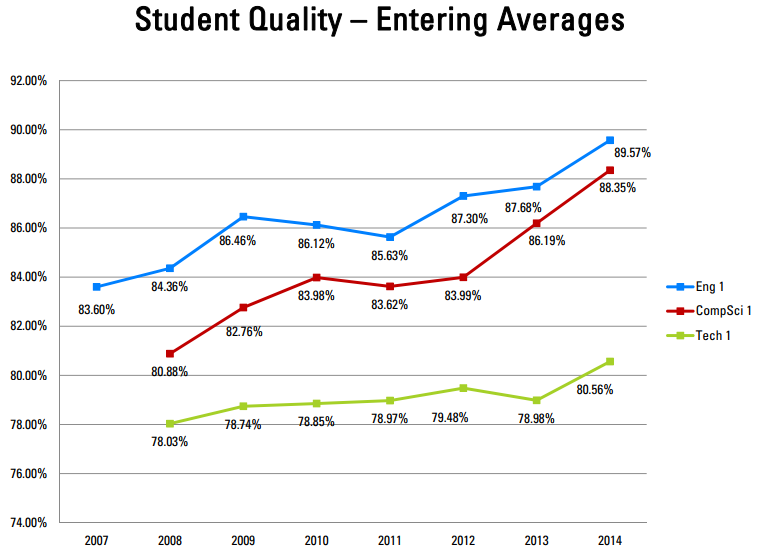deltaHacks showcases growing McMaster tech strength


deltaHacks (@deltaHacks) organized by HackItMac (@HackItMac) took place on January 16th – 17th. I was able to attend the event as a judge again, and was again totally blown away by the scale and quality of the event. And yeah, I was a total laggard about putting this article together though – slipped through the cracks back in January.
The event brought together over 400 students from McMaster University and schools around Southern Ontario to work on “hacks for positive change”. deltaHacks is very pleasantly focused on hacks that solve real-world problems focused around health, education, wellness, non-profit and similar areas (i.e. no ‘order a beer trivially faster with your Apple Watch’ apps). This theme just seems to set a great, positive tone for the event that’s been evident both this year and last.
The first place winner of the hackathon was a web-app that uses x-ray images to diagnose femoroacetabular impingement (FAI), developed by Mushfiqur Rahman, Hassan Muhammad, and Stephen Murray who worked together with a McMaster orthopediatrician. It was the perfect app for a hackathon – it utilized existing image processing APIs (i.e. they didn’t re-invent a wheel, allowing for quick turnaround), but did so in a novel way to develop a new type of computer-assisted diagnosis (it’s a legitimate innovation, and solves a real-world problem). On top of everything it was well-executed and presented too. Amazing work.
deltaHacks has become a highly visible demonstration of a story that’s been flying under the radar for almost a decade now – McMaster University’s Computing & Software, Engineering and B.Tech programs are seeing significant improvements in entrance averages and total enrollment:
Rumor has it that the entrance average for computer science is going to be 92 for the next year. Grade inflation is a factor, sure, but the primary cause is increased demand for the program. Students use entrance averages as a signal for program quality, which causes a positive feedback loop as more students apply for programs that are perceived to be in-demand.

And a 92 entrance average starts to brush up against those of elite programs like the University of Waterloo. It doesn’t mean McMaster has become on par with Waterloo… it has 1/3rd the number of professors, a fraction of the students, smaller course selection, less research dollars overall, etc.

But I wouldn’t be surprised at all if some people see an opportunity for increased revenue through increased enrollment for what’s become a hot program. Schools don’t like to increase enrollment at the expense of quality, or at least perceived quality, but once a program entrance average hits 90 and beyond that becomes less of a concern (past 90, many schools start to use more holistic admission methods that use portfolios, references, etc).
The reason the story is so interesting is how important Waterloo’s programs were to supplying the human capital for that ecosystem. McMaster has a long way to go, but when you see events like deltaHacks and look at the underlying story of increased demand, entrance averages, and enrollment numbers, there’s a lot of reason for optimism.



